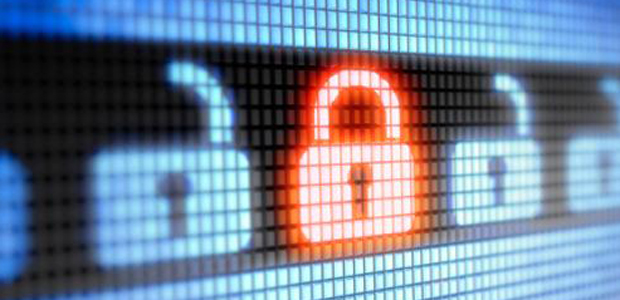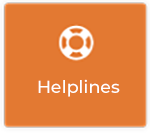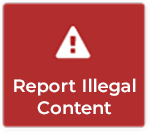A Guide to Internet Filtering in Schools
A Guide to Internet Filtering in Schools
Every school in Ireland connected to the School Broadband Programme accesses internet content through a central filtering system.
Schools are free to choose the level of content filtering that is most suitable.
How does School Web Filtering work?
The filtering system is split into six different levels.
Level one is the most restricted, while level six allows more open access.
Each school can choose its own level.
Under the plan, a website is placed into a category depending on content.
Many categories of websites are banned outright
For example, Facebook is a social networking website so it is in that category.
This classification is only accessible on level six.
Therefore, schools which apply for all other levels do not have Facebook access.
Another example is the website for Tesco.
This site comes under the shopping category.
All classifications except level one allow access to shopping websites.
Here’s how the filtering system works:
- Level one: The most restricted, it only allows access to the Whitelist and website categories such as Education and Government.
- Level two: Similar to level three, but also blocks websites categorised as gaming.
- Level three: The most common setting, this level gives access to millions of websites including games. However, sites like YouTube, Facebook and Flickr are blocked.
- Level four: Essentially the same as level three apart from allowing access to YouTube. Social Networking sites and ‘personal storage websites’ like Flickr, however, are not accessible at this level.
- Level five: Blogs and personal storage site are accessible under this classification, as well as all content from every other level.
- Level six: This level allows students access to social networking websites and is the most open classification available.
Filtering: banned content
Remember, there are some subjects banned across the system.
These include websites relating to pornography, dating, gambling, hacking and weapons.
However, it is possible that some may remain uncategorised or assigned their category incorrectly.







